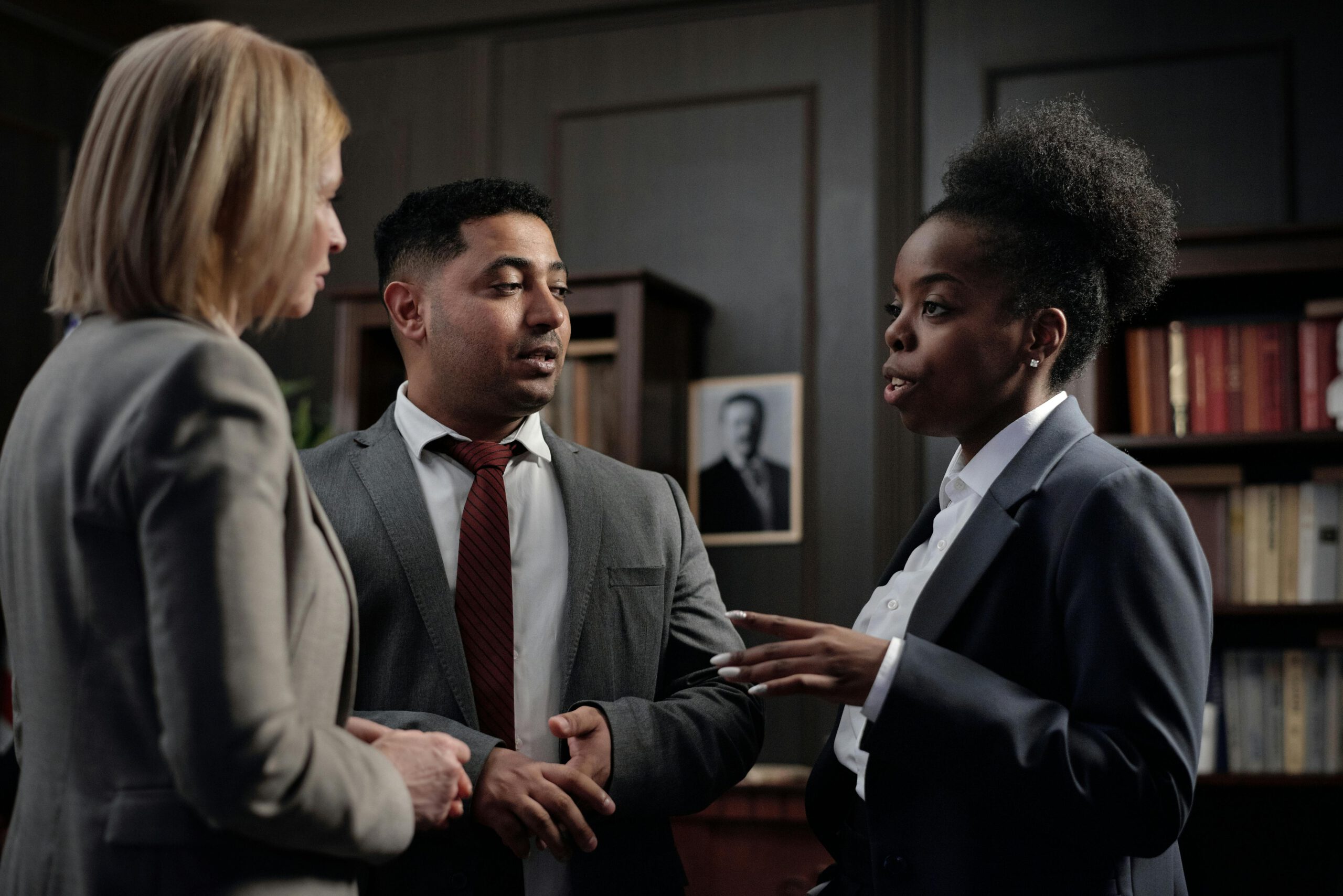How Can a Divorce Impact Your Family-Owned Business?
Whether you’ve built a thriving business from the ground up or inherited a long-standing family operation, your enterprise is likely not just a job; it’s a way of life. But what happens to your family-owned business if your marriage ends? Splitting up business interests during a Virginia divorce can be a complex and challenging process. An experienced Central Virginia divorce attorney can help you understand the legal considerations involved in dividing a family-run company and champion your best interests throughout the proceedings.
How Are Business Assets Classified During a Virginia Divorce?
The initial step in the division process is determining whether the family-owned business is considered marital property, separate property, or a combination of both. Accurate classification requires thoroughly analyzing the business’s history and growth throughout the marriage. Virginia Code Section 20-107.3 classifies property acquired during a marriage as marital property, subject to equitable distribution. Even if only one spouse is actively involved in its operation, any businesses started or acquired during the marriage may be categorized as marital property.
If the business was established or obtained before the marriage, it may be deemed separate property. However, any increase in the company’s value during the marriage due to the personal efforts of either spouse may still be classified as marital property. The potential for a hybrid classification can lead to complicated discussions about who has rights to a portion of the business’s value. It’s critical to have a strong legal advocate who can ensure your rights are upheld during this time.
How Will the Business Be Valued During Divorce Proceedings?
Once the business has been classified, the next crucial step is determining its value. Virginia courts generally focus on the business’s intrinsic value to the divorcing couple rather than what a willing buyer would pay. Assigning an intrinsic value requires a more personalized approach that considers each individual’s connection to the company and its worth and role in their life.
The valuation method utilized can significantly impact the final value assigned to the business, making it a vital point of consideration in the divorce proceedings. The three primary approaches are:
- Income-excess earning approach: This method compares the business owner’s income to the average income of professionals in the same field. Any excess income is considered part of the business’s value and can be projected over time to determine the owner’s potential future earnings
- Market valuation approach: This approach analyzes the recent selling prices of similar businesses to estimate the company’s value
- Asset valuation approach: For businesses with tangible holdings, the value may be calculated by adding up assets and subtracting liabilities
Given the complexity of valuing a family-owned business, courts often rely on the testimony of neutral business valuation experts. These professionals play a crucial role in objectively assessing the business’s worth. They gather necessary documentation, interview relevant parties, and may testify in court if needed.
What Are the Potential Effects of Virginia’s Equitable Distribution Laws?
Virginia follows the principle of equitable distribution when dividing marital property, including business assets. It’s key to note that equitable does not necessarily mean equal. The court considers various factors to determine a fair division, including:
- The duration of the marriage
- Each spouse’s contributions to the business
- The financial and non-financial contributions of each spouse to the family
- The economic circumstances of each spouse at the time of divorce
- The tax consequences of property division
In cases involving family businesses, the court will also consider the skills and contributions of each spouse that have led to the business’s success, even if one spouse was not directly involved in its day-to-day operations.
How May the Division of a Family-Owned Business Be Achieved?
The chosen method of division often depends on factors such as the spouses’ ability to cooperate, their financial situations, and their individual skills and interests in continuing to run the business. Many individuals fear that they will be forced to sell and divide their enterprise during a divorce. While possible, this outcome is relatively uncommon. The couple and their lawyers typically can negotiate a better solution that fits their needs and goals. When it comes to dividing a family business in a Virginia divorce, there are several options available:
- Buyout: One spouse may purchase the other’s interest in the business. The non-business-owning spouse may be compensated with other marital assets or a cash payment
- Offset: One spouse may keep the business while the other receives a larger portion of other marital assets to make up for the loss of their share in the business
- Co-ownership: In some cases, both spouses may continue to own and operate the business together post-divorce. However, this option is less common due to the potential for ongoing conflicts
What Legal Challenges Could Arise During the Business Division Process?
Businesses are complex assets with many moving parts. Former couples attempting to split their business interests can encounter many potential issues that could further complicate the dissolution of their marriage, including:
- Lack of financial transparency: Obtaining accurate and reliable financial records may be problematic if one spouse has been solely responsible for the business’s finances. Forensic accounting may be required to value the operation accurately
- Business structure: The legal structure of the business (sole proprietorship, partnership, corporation) can affect how it’s divided. For instance, if there are other family members involved, their interests must be considered
- The effect of goodwill: Virginia courts recognize both personal and enterprise goodwill. Personal goodwill, which is tied to an individual’s reputation or skills, is typically not considered a divisible asset. Enterprise goodwill is associated with the renown of the business itself and may be included in property division discussions
- Tax implications: The division of business assets can have significant tax consequences for both parties. These should be carefully considered when negotiating a settlement
- Managing ongoing business operations: The divorce process should ideally not disrupt the business’s day-to-day operations. Careful planning and the use of temporary agreements may be necessary to prevent any harm to the company during the divorce proceedings
- Future value: Courts may consider not just the current value of the business but also its potential for future growth or decline
How Can Our Firm Assist You?
The legal considerations involved in dividing a family-owned business are numerous, and careful attention to detail is required to ensure a fair and equitable distribution of assets. Given the complexity and potential for conflict, it can be essential for both parties to seek experienced legal counsel to navigate this process effectively. Seiden Legal Group, PLLC can provide tailored guidance and strong representation to help you and your business through this difficult time. To learn how we can serve your needs, contact our Charlottesville office today at (434) 361-4402.

